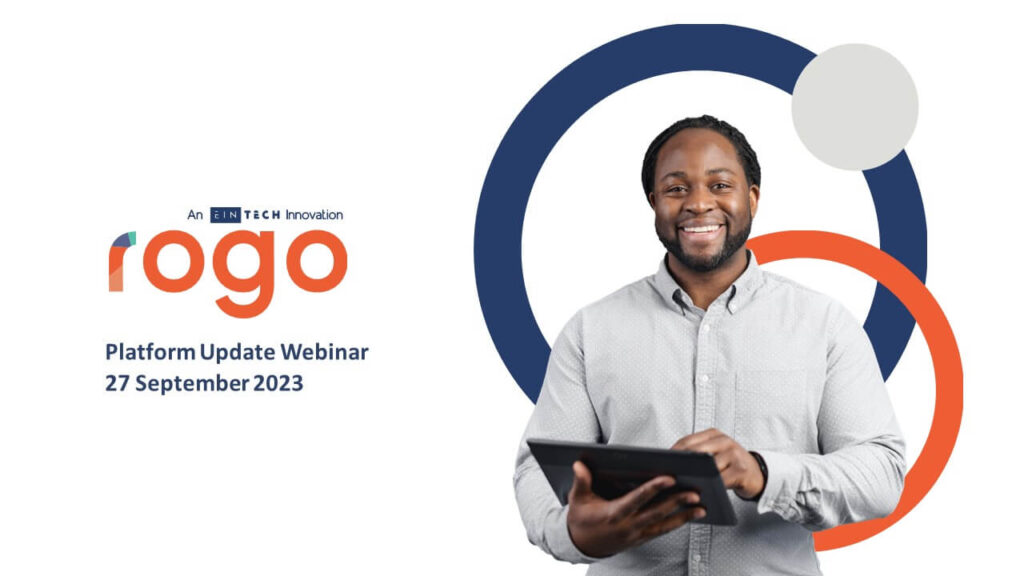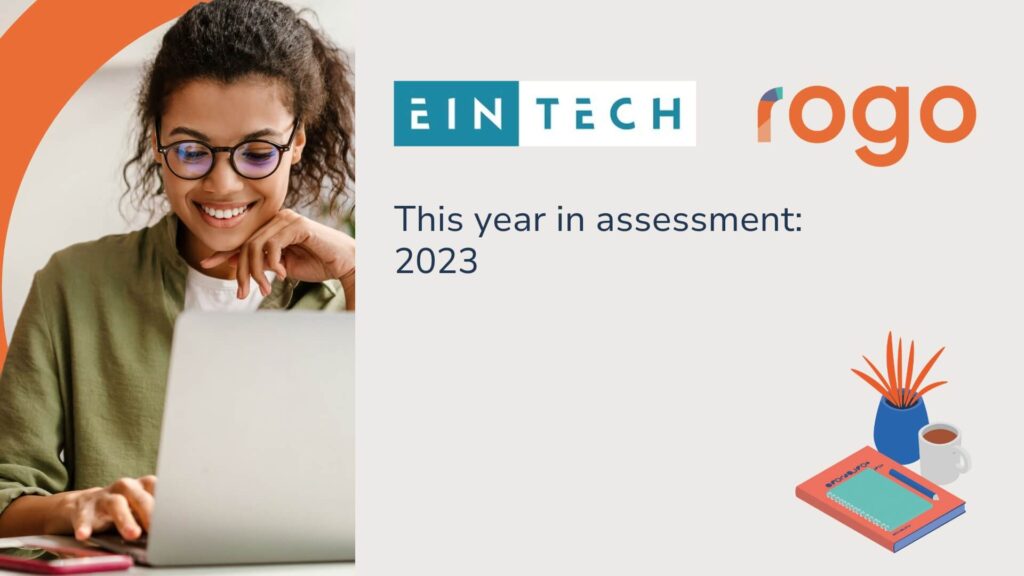The pandemic fast-tracked the use of online assessment platforms for professional qualifications. But will the development of eAssessment continue to move with the same lightning speed, and if so, what will they look like in 2027? Will pen and paper exams eventually become a thing of the past?
Technology has revolutionised the learning and assessment experience for those undertaking professional qualifications, improved accessibility, as well as being able to sit exams from any location while still maintaining exam integrity is and will continue to be the two main benefits of eLearning and eAssessment.
To help gain insight into this evolving landscape, we approached two key audiences and asked about their experiences with online assessment platforms.
The key audiences were:
- Individuals who have completed online assessments for professional (not academic) qualifications in the past 18 months
- Experts with experience in delivering professional qualifications online.
We conducted our research in early 2022 when the global implementation of remote online Assessments was still relatively new. The fieldwork consisted of 150 online surveys. The subjects of assessments covered were accountancy, finance, IT, retail, healthcare, construction and languages.
We also held two 30-minute interviews with people who conduct online assessments to explore their views on online assessment and the various teaching platforms to help foresee what was on the horizon for eAssessment 2027.
We gained invaluable insights into anticipated actions that will future-proof and inform further innovations in the field, helping you to know what to expect for future online assessments. Read on to find out about what we discovered:
COVID-19 indisputably brought about significant changes to our lives, one change that outlived the pandemic was the permanent move to online learning for many organisations. Unsurprisingly it is the top reason for the international scale move from the paper-and-pen assessment format to the eAssessment format (40%).
Determining whether an exam can be taken remotely online or whether it requires the format of traditional assessment centres is how practical it is. However, when the option was available, only 13% said they preferred in-person exams, indicating there is a high demand for the digitalisation of assessments, cementing the future for eAssessment.
Predicting the future of remote proctoring
Invigilation plays an important part in guaranteeing an exam’s integrity; however, the overhead cost of hiring exam hall space and invigilators is expensive. At Rogo, we offer two types of remote invigilation – live proctoring and recording for later review, allowing the assessor to refer back to the video should there be a cause for concern. Our live remote proctor is trained especially to reduce terminology confusion and stress for students.
Over half of the respondents indicated that their online assessments were invigilated -this was higher for accountancy, bookkeeping and finance qualifications. Of the respondents who experienced invigilated online assessments, a larger proportion indicated this process did not impact their experience and believed the process worked well (86%).
But what will invigilation look like in the future?
Online assessment platforms already have a strong foundation with the availability of invigilation. However increasing the security of assessments and ensuring their integrity will always be a focal point for developers. It’s been suggested that the future of proctoring online may involve detecting the candidate’s eye movement to determine if they are referring to forbidden resources whilst taking eAssessments.
Navigating the future of eAssessment
An area of concern highlighted by the industry experts we interviewed was usability. As with any new process, both tutors and students need to become familiar and confident with the platform or software for it to be used effectively- this can be tricky if there are sophisticated tools designed to streamline learning and assessments, which can leave candidates feeling overwhelmed.
At Rogo we have designed our eLearning and eAssessment with learners and assessors in mind, so created a user-friendly interface. Our automation features send helpful notifications to help users with navigating Rogo.
The majority of candidates felt that they benefited from the eAssessment format and felt that they fit around their schedule as they were easy to access and had flexible timeframes to complete their exams in. In this respect, they are more user-friendly than traditional assessment methods, positioning eAssessments as the more advanced assessment format.
“I actually felt more comfortable being at home. I had a drink with me and being in my own surroundings put me more at ease. I normally find test conditions give me anxiety so I preferred it this way.”
There appears to be a vote of confidence for eAssessments, securing their place in the future of education and professional development.Naturally, with remote eAssessments being a relatively new innovation, there have been some worries concerning the level of online support and tracking software.
When asked how online assessments could be improved over half of the respondents showed interest in voice assistance (55%). Bringing AI and machine learning together and incorporating them into the sphere of eLearning and eAssessments could help further streamline users’ experience and the option of vocal assistant can increase accessibility. However, the use of AI can bring with it additional problems, such as falsely identifying suspected cheating (false positives), so care and consideration needs to be given to its use.
Technical errors were a concern raised by both survey respondents and experts.
It’s difficult to ensure a consistent level of internet infrastructure available in the student’s region. While this may not be a major issue in the UK, for international organisations such as ACCA, technical errors or disruptions to the internet may occur beyond their control. To confidently provide a truly fair assessment a technical safety net needs to be put in place to protect users of eLearning and eAssessments.
Our survey uncovered where those seeking professional qualifications took practice papers beforehand almost one quarter of them found these difficult to source. Rogo offers one of the most advanced assessment platform services to date and understands that a top provider of online platforms must offer features for exam prep. Rogo is equipped to provide practice papers as well as the actual assessment all in one place for users’ convenience.
As our survey showed, the threat of technical difficulties was an area of concern amongst students but only 13% of students reported experiencing some form of technical difficulties during their assessment. Just over a quarter found difficulty accessing a satisfactory level of technical support.
“Having to wait for technical assistance.”
Online platform developers are creating ways to help consistently advance online learning and assessments. As the eAssessment market expands, online platforms need to develop solutions to compete with their rivals. Our survey showed a need for live chats to be incorporated into online platforms.
If you would like to find out more about how your organisation can benefit from eAssessments, check out our dedicated eAssessment webpage or get in touch to request a demo.


